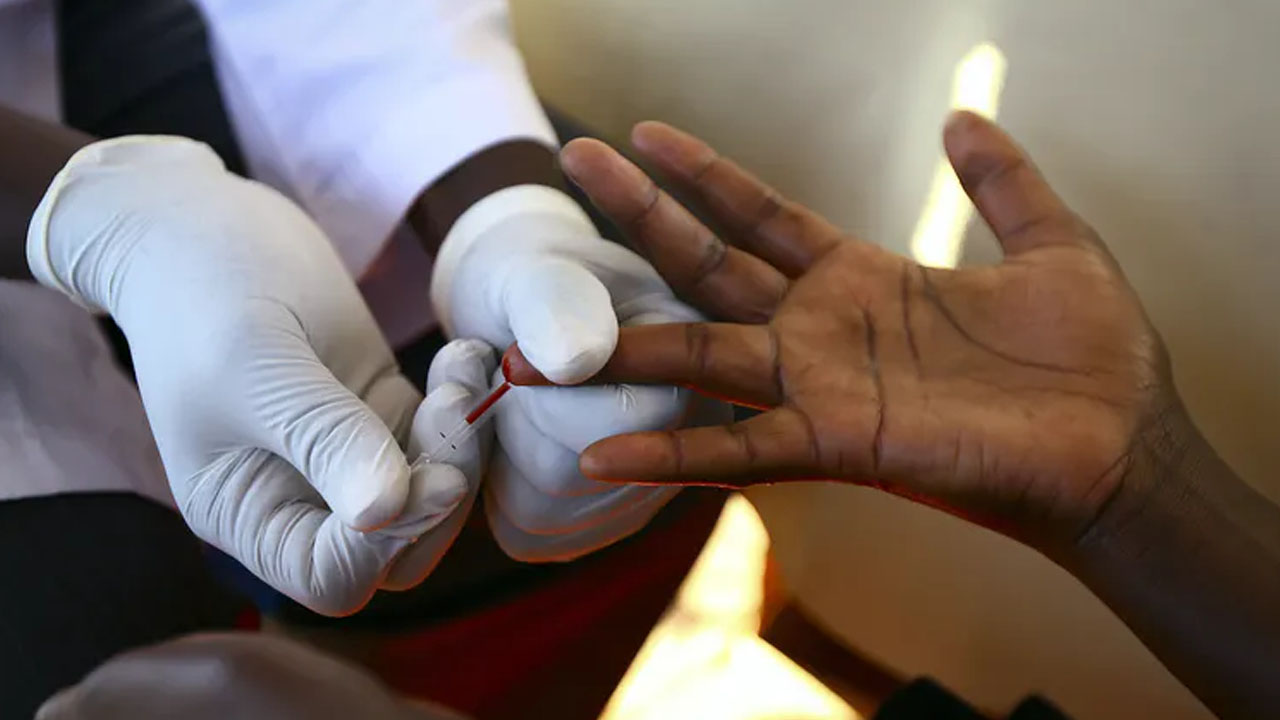THE Association for Fertility and Reproductive Health (AFRH) has reaffirmed its commitment to raising the standard of fertility care in Nigeria through improved data reporting, training, regulation, and public engagement.
Speaking ahead of its 15th yearly international conference in Lagos, themed “New Frontiers in Fertility Care,” AFRH President-elect, Dr Adewunmi Adeyemi-Bero, said the forum will deepen collaboration among professionals while educating the public on critical issues such as third-party reproduction, genetic testing, ethical practice, and stronger regulation.
He highlighted the AFRH Registry as a major tool for progress. Member clinics are required to report their in-vitro fertilisation (IVF) cycles and related outcomes through the platform. Adeyemi-Bero explained that the registry will generate accurate national data, promote research, and place Nigeria among countries that transparently report fertility treatment results.
In addition, the association is introducing a Fertility Open House, an interactive platform to dispel misconceptions, connect couples with specialists, and guide them toward accredited clinics. “This gathering offers us an opportunity to review progress, adopt international best practices, and adapt them to local realities, ensuring couples receive the highest standard of care,” he said.
On sectoral challenges, Adeyemi-Bero observed that while Lagos State enforces IVF regulation in partnership with AFRH, most states lack oversight. This gap, he warned, exposes patients to unethical practices. He called for state-level adoption of regulatory frameworks modeled after Lagos to standardise care nationwide.
He also stressed the importance of awareness campaigns, noting that sexually transmitted infections (STIs) remain a leading cause of infertility in West Africa. He advocated early prevention through safe practices, consistent condom use, and fertility education in schools, despite cultural resistance.
Chairperson of the Local Organising Committee, Mrs Abiola Adewusi, said AFRH will provide free training to its more than 100 member clinics on how to use the registry effectively. Beyond improving clinical outcomes, she noted, the system will enhance research opportunities and ensure Nigeria contributes reliable data to global fertility practice.
Addressing concerns about affordability, Co-chair of the Scientific Committee, Dr Oluwatoyin Ajayi, acknowledged that fertility treatment remains expensive due to imported technology and specialist training. However, she cited examples of clinics partnering with banks to offer flexible payment plans, as well as corporate social responsibility initiatives providing discounted services.
Secretary-General of the Local Organising Committee, Mr Olajide Wilson, urged Nigerians to participate in the Fertility Open House for accurate information and guidance from licensed fertility experts.






